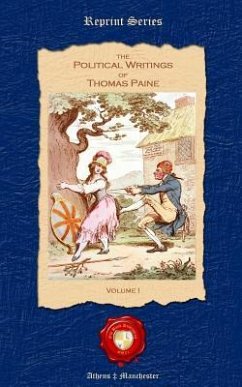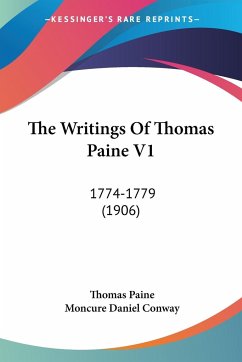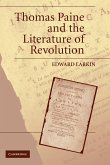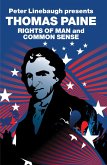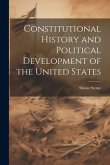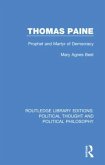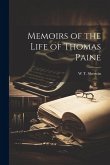"These are the times that try men's souls." Thomas Paine, The Crisis Throughout most of Paine's life, his writings inspired passion, but also brought him great criticism. He communicated the ideas of the Revolution to common farmers as easily as to intellectuals, creating prose that stirred the hearts of the fledgling United States. Paine had a grand vision for society: he was staunchly anti-slavery, and he was one of the first to advocate a world peace organisation and social security for the poor and elderly. But his radical views on religion would destroy his success, and at the end of his life, only a handful of people would attend his funeral. The revolutionary writer Thomas Paine played a very important role in shaping the modern world. His works have influenced countless people across the globe, and politicians all across the political spectrum cite him to lend credence to their policies. Despite all of this, Paine has often been, by some, misunderstood, ignored, or dismissed. Misunderstanding generally comes from only looking at one piece of his writings while overlooking the rest. This is sometimes the case with politicians who wish to see something of themselves in Paine, and, as such, engage in selective reading. Those who ignore his writings often do so purposely. There have been those who see them as too radical and dangerous, and therefore to be avoided. Those who dismiss him tend to be scholars of a more elitist variety. They view him as being improperly educated. All of this is unfortunate because there is much to be learned from Paine.
Hinweis: Dieser Artikel kann nur an eine deutsche Lieferadresse ausgeliefert werden.
Hinweis: Dieser Artikel kann nur an eine deutsche Lieferadresse ausgeliefert werden.

